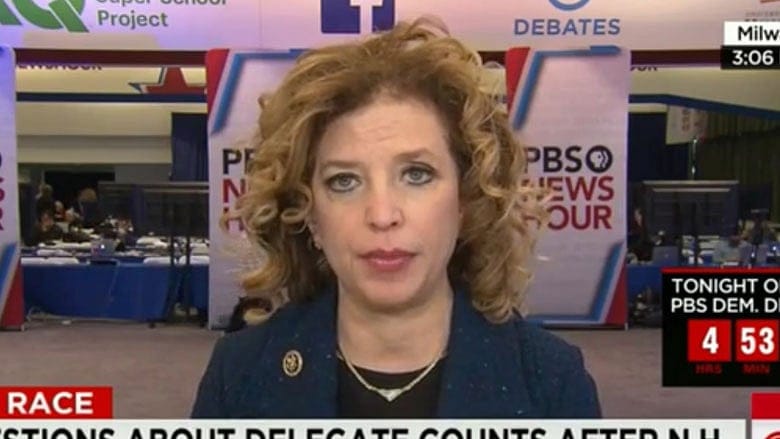DNC Chair: Superdelegates make sure Party leaders don’t have to run against grassroots activists

(CNSNews.com) – Democratic National Committee (DNC) chair Debbie Wasserman-Schultz said that although the Democratic Party "wants to give every opportunity to grassroots activists… to participate" in its presidential nomination process, superdelegates "exist… to make sure that party leaders and elected officials don't have to be in a position where they are running against grassroots activists."
Wasserman-Schultz made the comments Thursday in response to a question by CNN's Jack Tapper on why Hillary Clinton garnered the same number of delegates in the New Hampshire primary as rival Bernie Sanders even though Sanders won 22 percent more of the vote.

